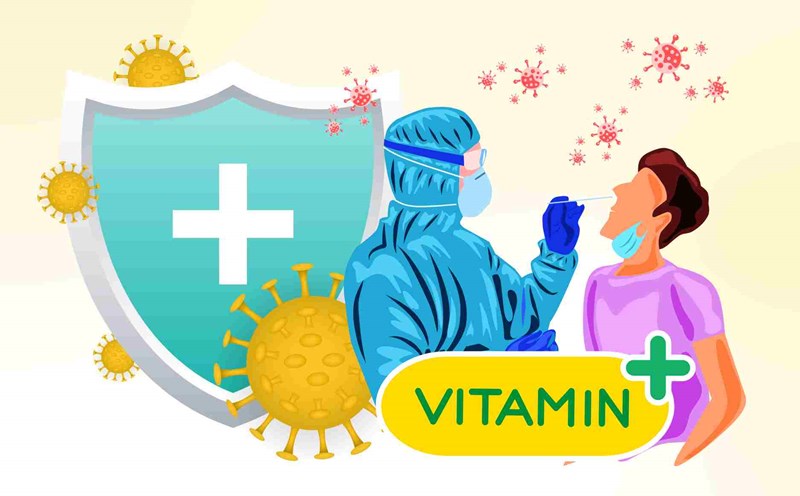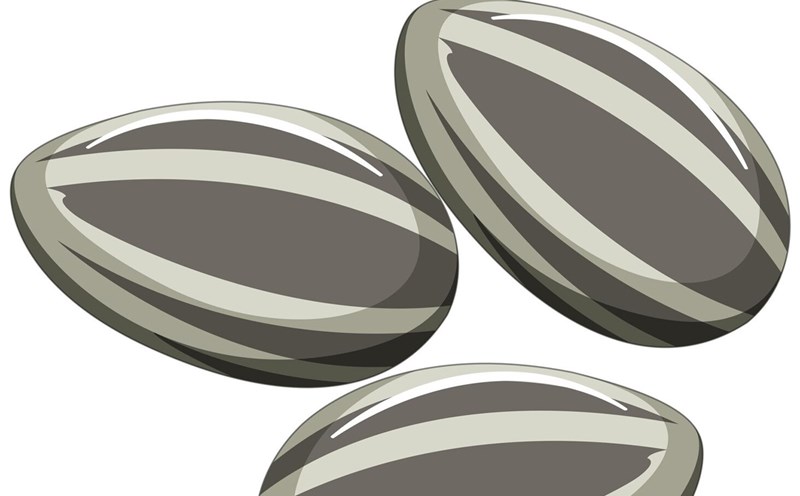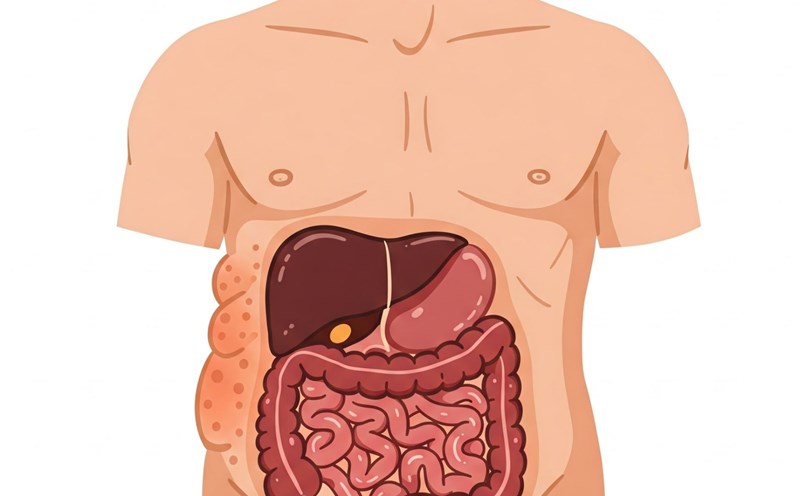Benefits of eating sunflower seeds
Sunflower seeds are rich in vitamin E - a powerful antioxidant that helps reduce inflammation, slow down the aging process and prevent many chronic diseases. In addition, the good fats in this type of seed also support the heart and help reduce bad cholesterol.
Nutritionist Suzanne Fisher, member of the Board of Health experts of verywell Health (USA) said: " sunflower seeds contain plant sterols - natural compounds that help lower cholesterol, which are very good for the heart".
Not only that, the B vitamins in nuts also help your body have more energy and stay alert all day. Minerals such as zinc, selenium, magnesium... in nuts also help boost immunity, prevent flu and support better digestion.
Who should eat sunflower seeds regularly?
Sunflower seeds also contain a lot of folate, vitamin E and healthy fats - substances that are especially necessary for pregnant women and those preparing to give birth. In addition, for vegetarians, this is a very good source of plant protein, helping to develop muscle without worrying about bad fats like when eating meat.
Note
Too much salt: Roasted rice is often seasoned with salt, eating too much can cause high blood pressure or affect the heart.
indigestion: If you eat the skin, you are at risk of intestinal obstruction because the skin is very hard and difficult to digest.
Allergies: Although rare, some people may have sunflower allergies, causing itchy mouth, hives or difficulty breathing.
Eating only about 28 grams a day the equivalent of a small handful, enough to benefit without harming, says Dr. Manuel Gonzalez, a community health expert at the University of Toronto ( Canada).
You can eat it directly as a snack, or sprinkle it on salads, congee, yogurt, or even add it to the baking powder. In addition, sunflower butter or sunflower oil is also a healthy choice instead of peanut butter or cooking oil.










